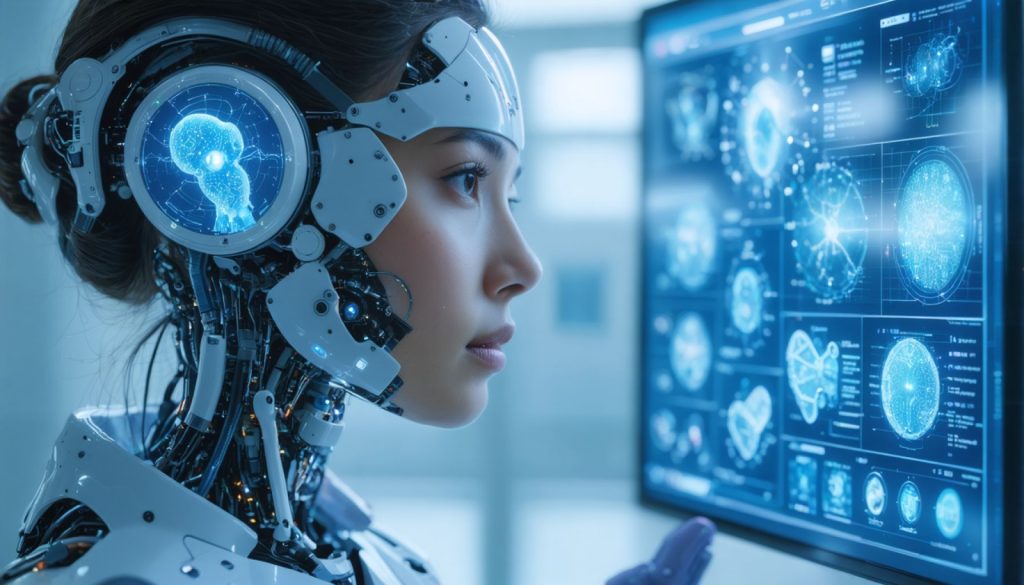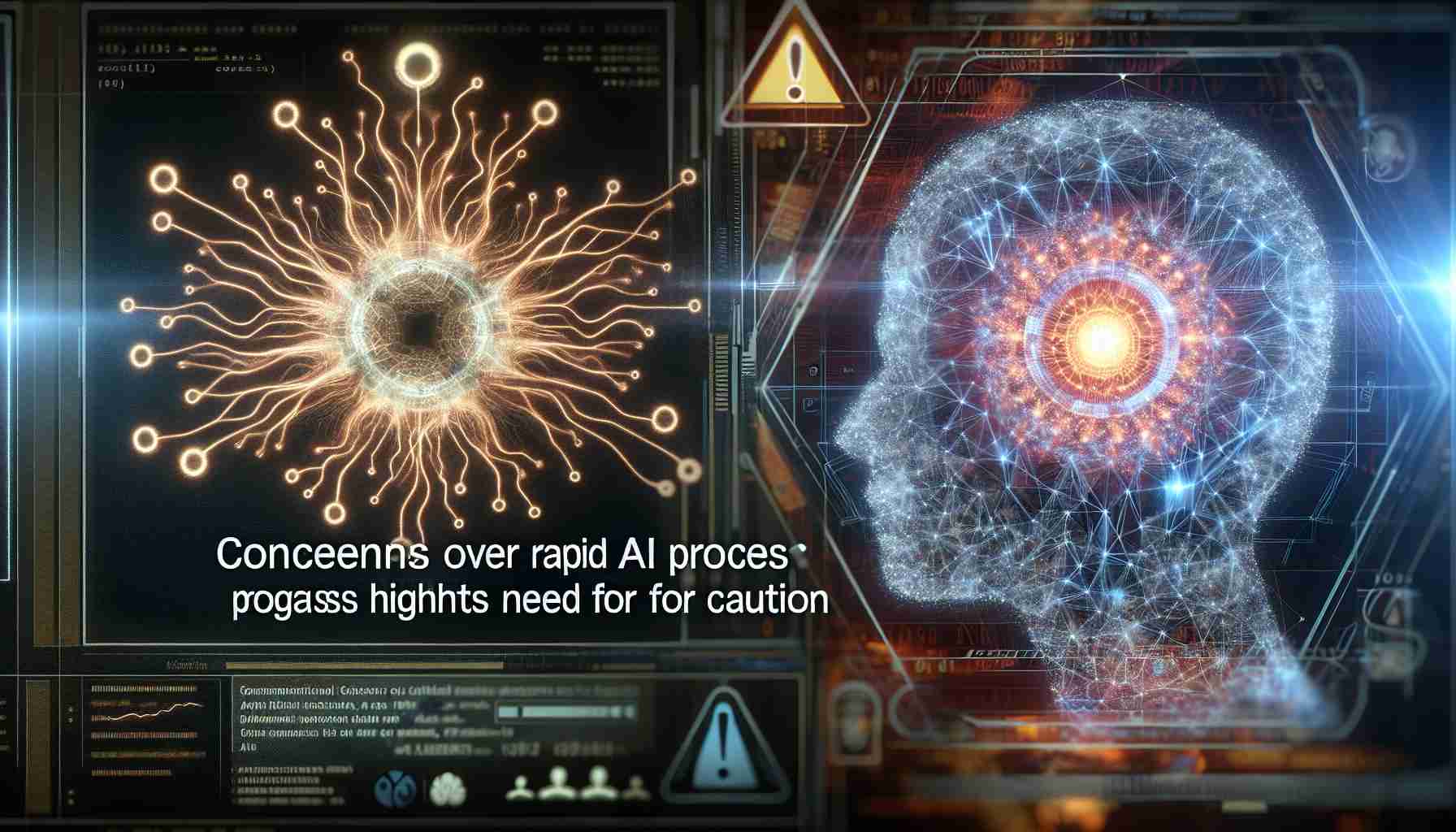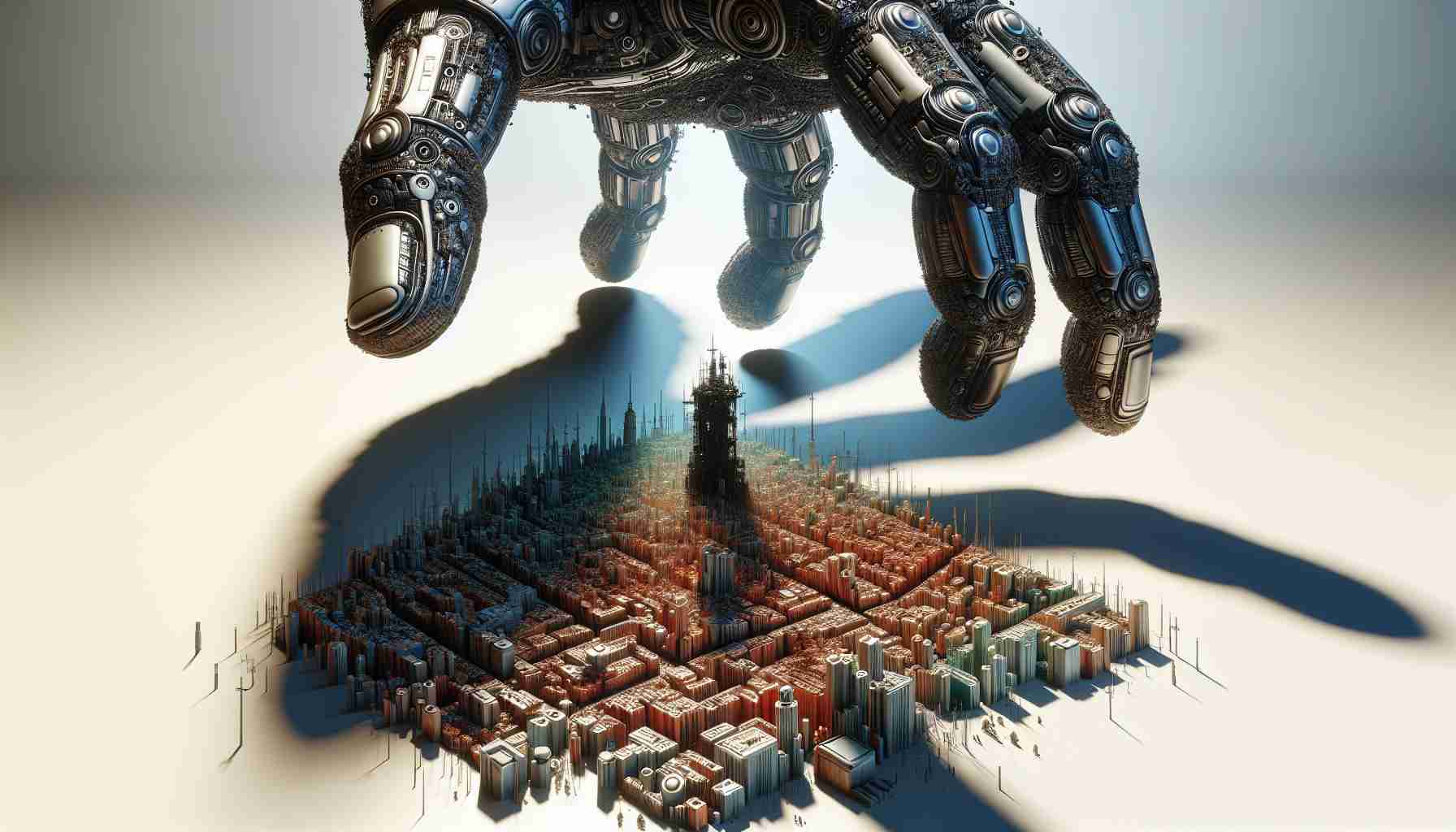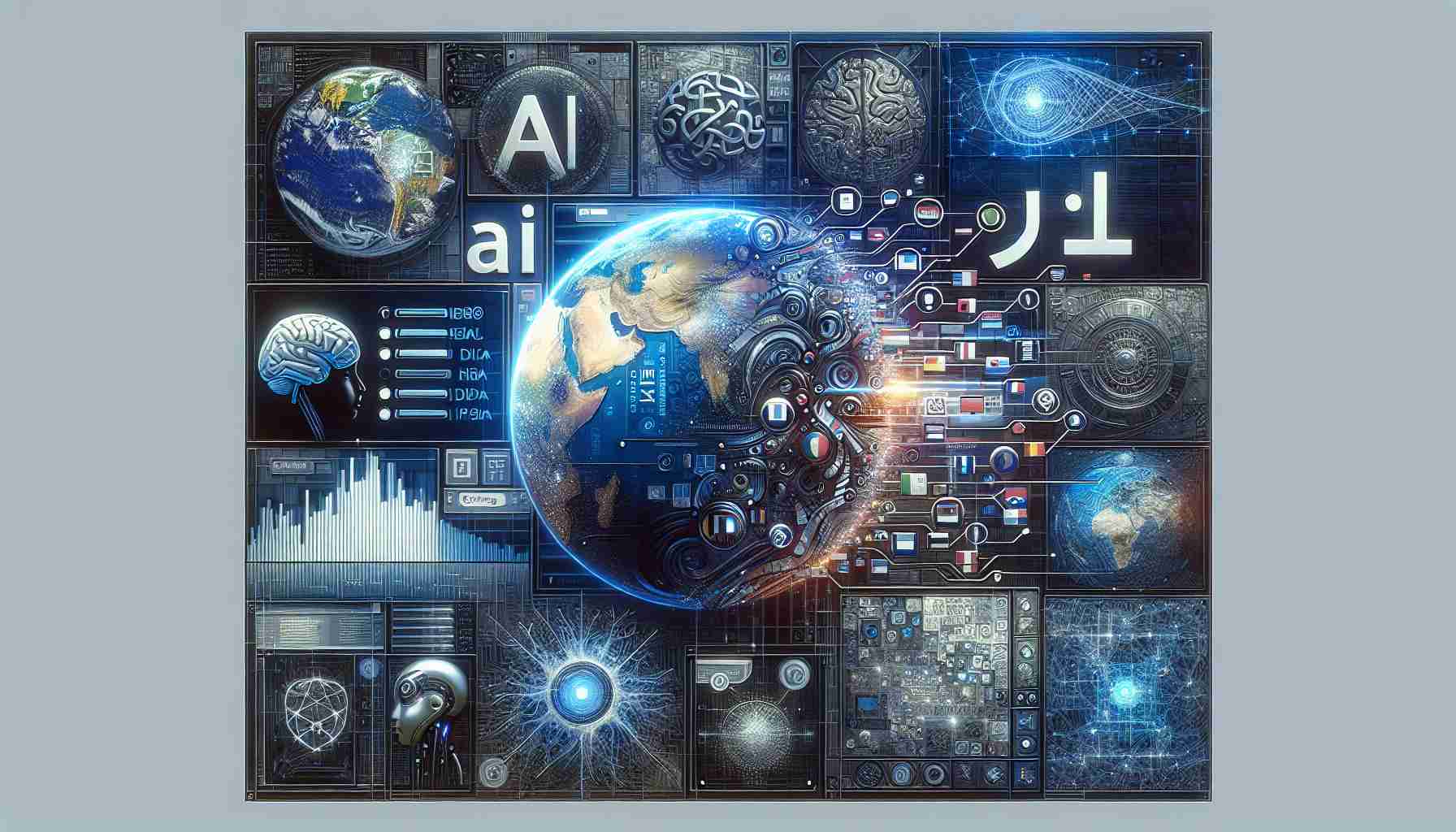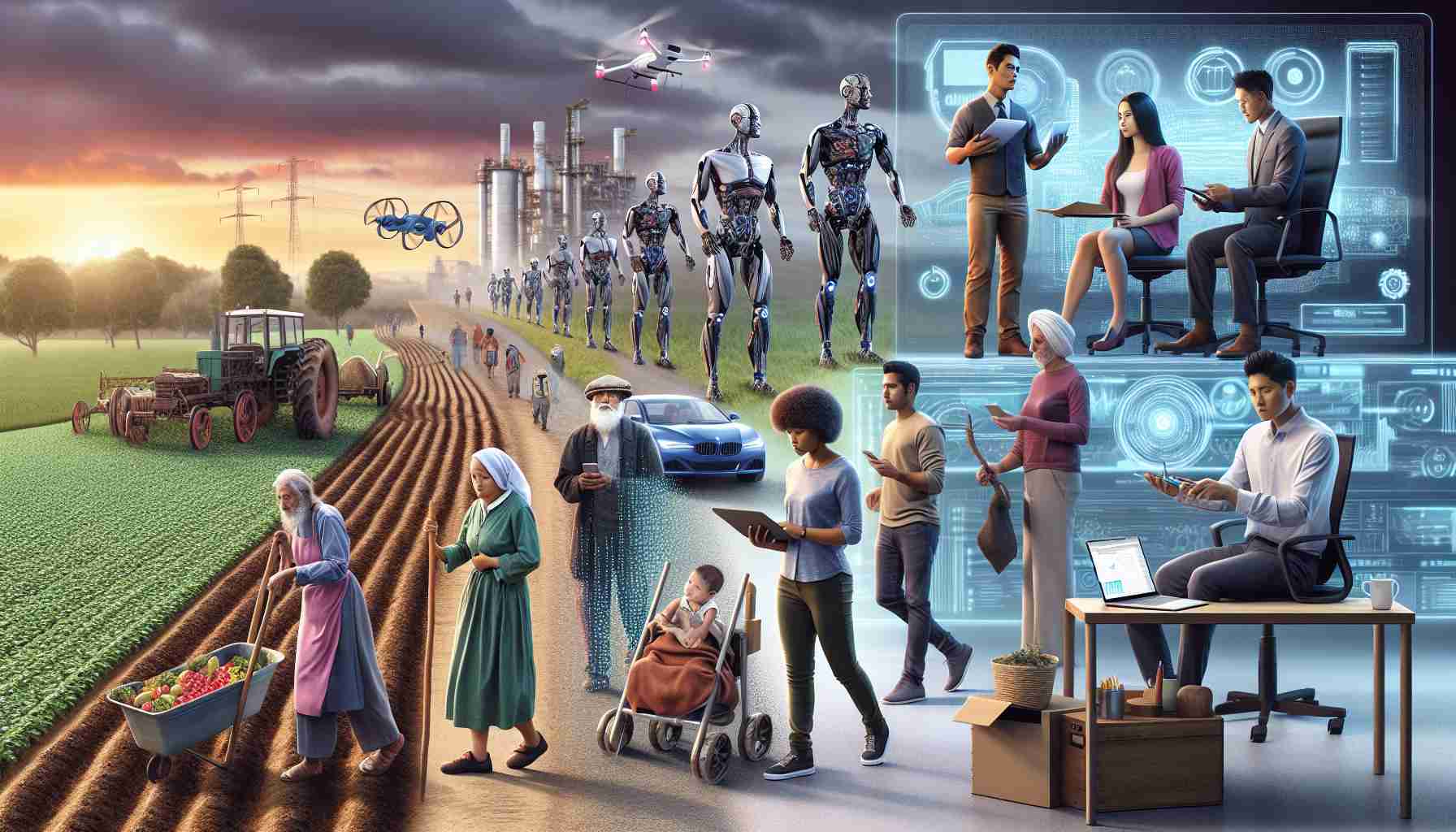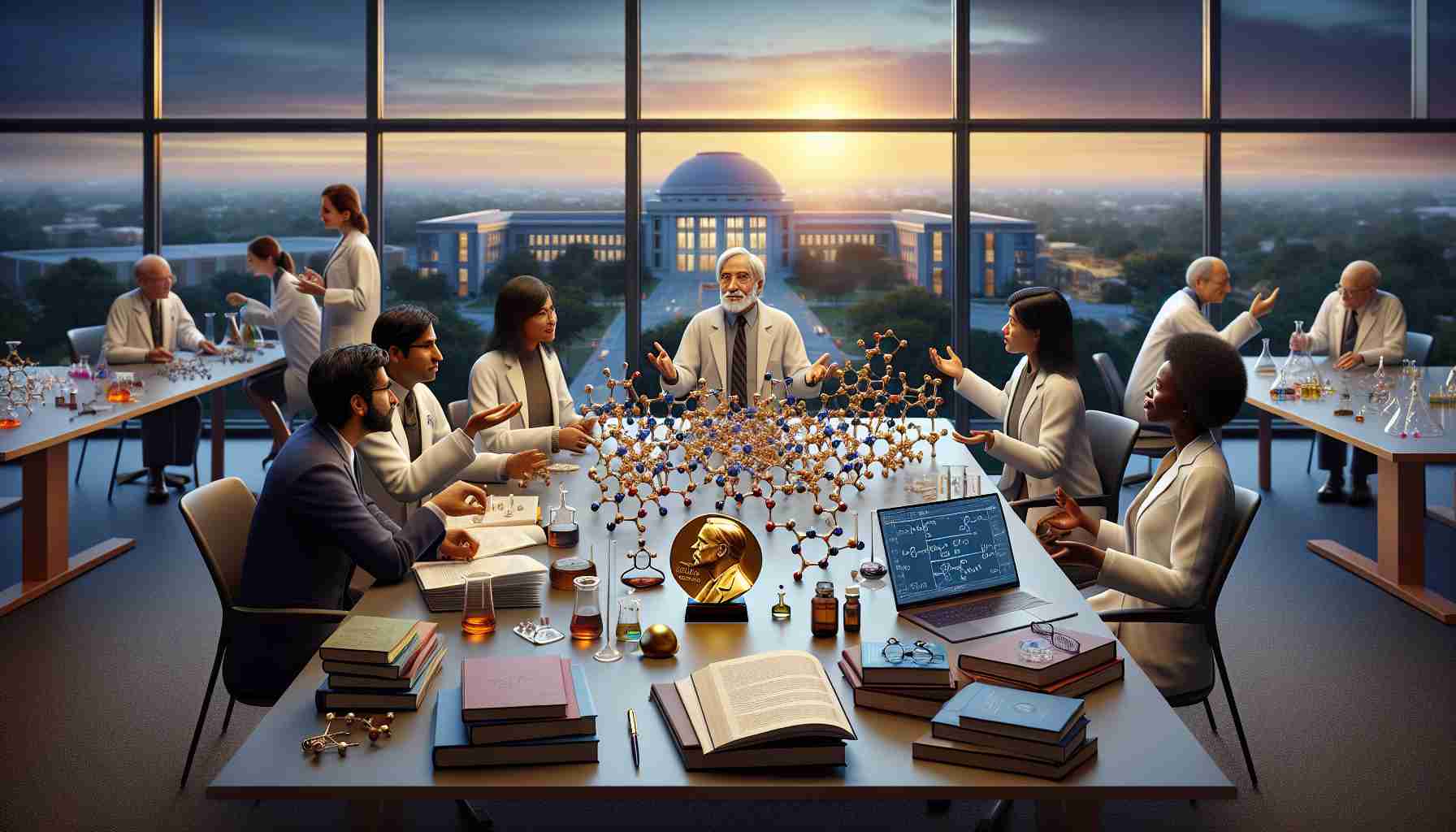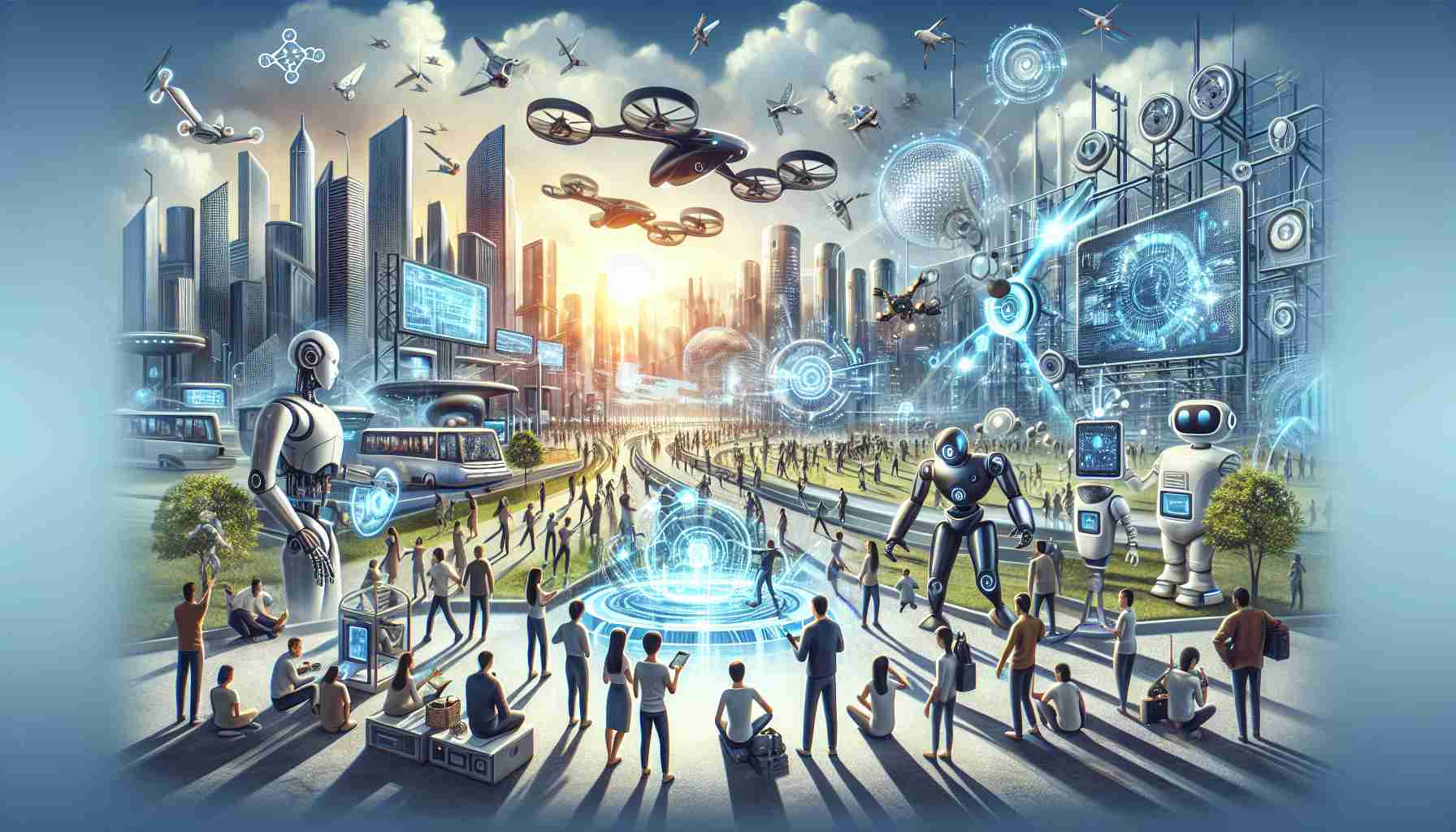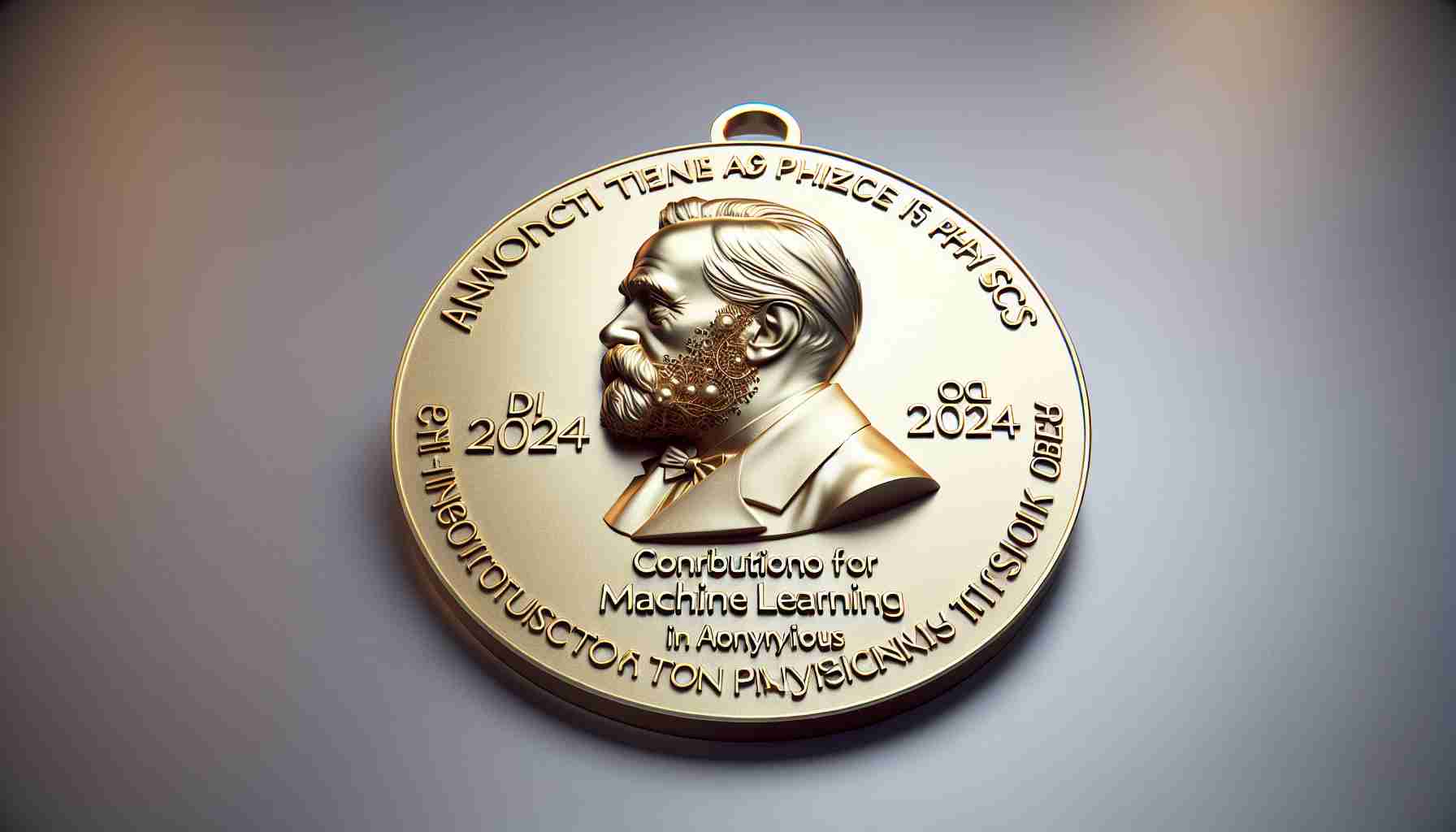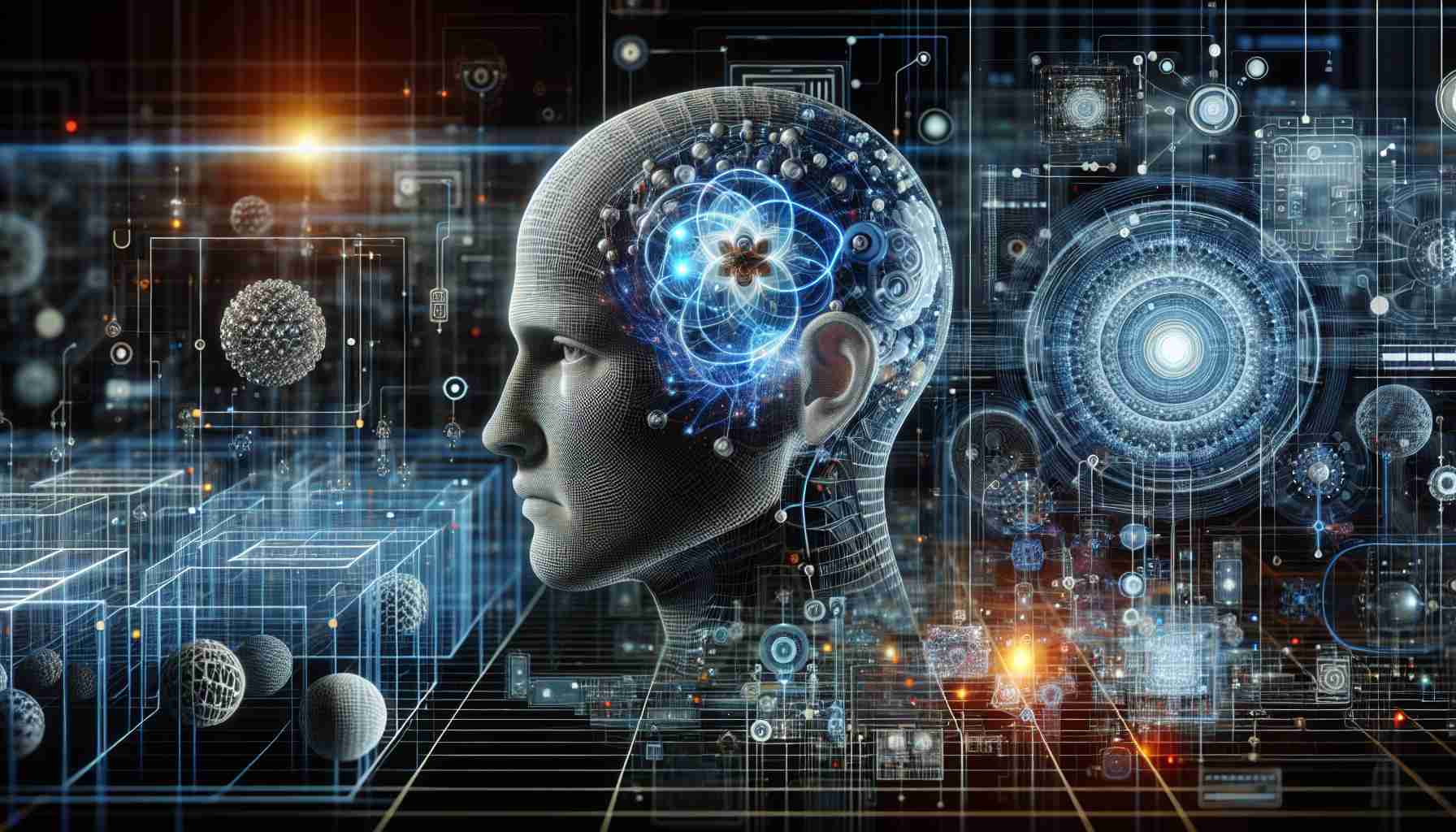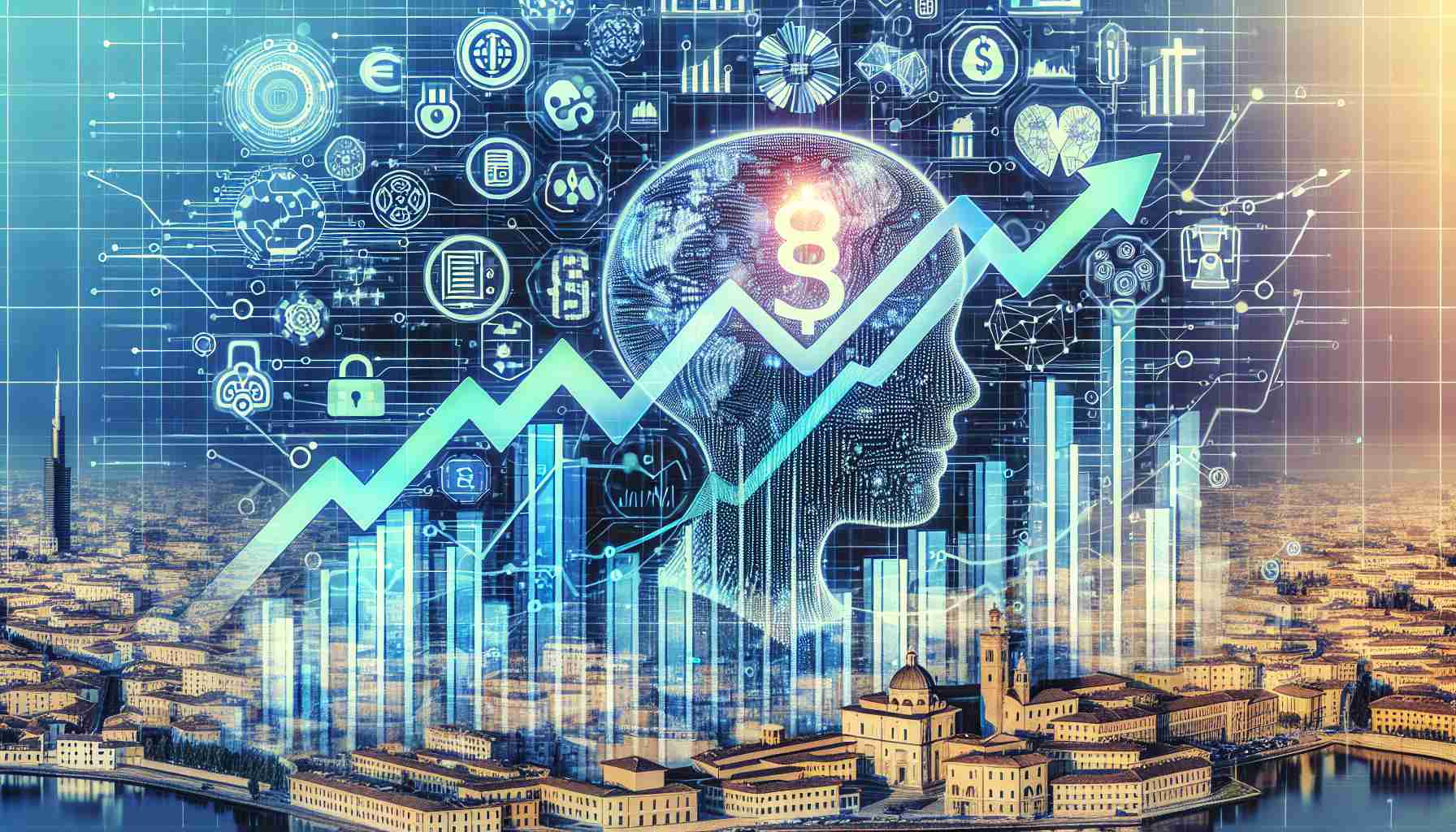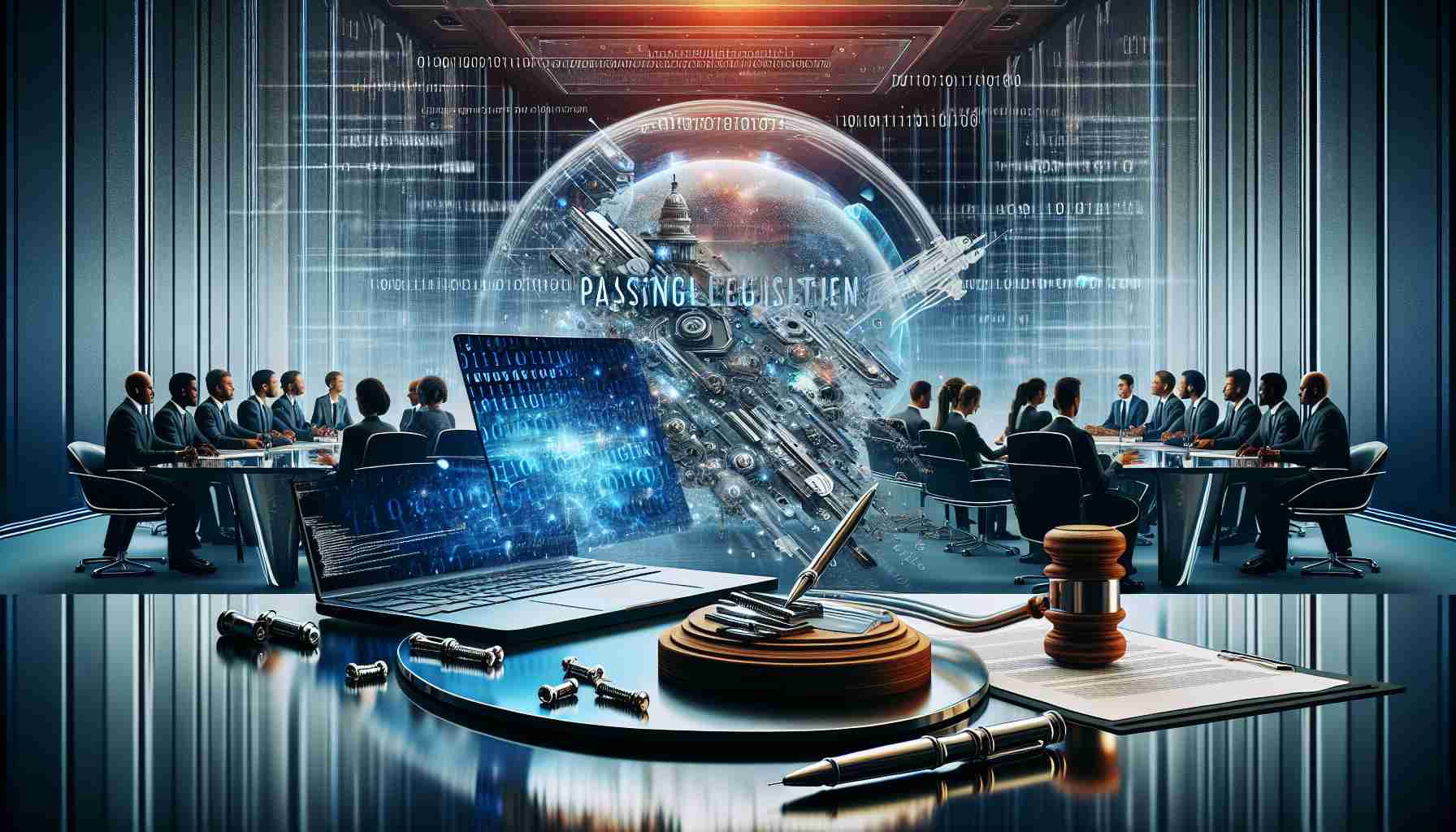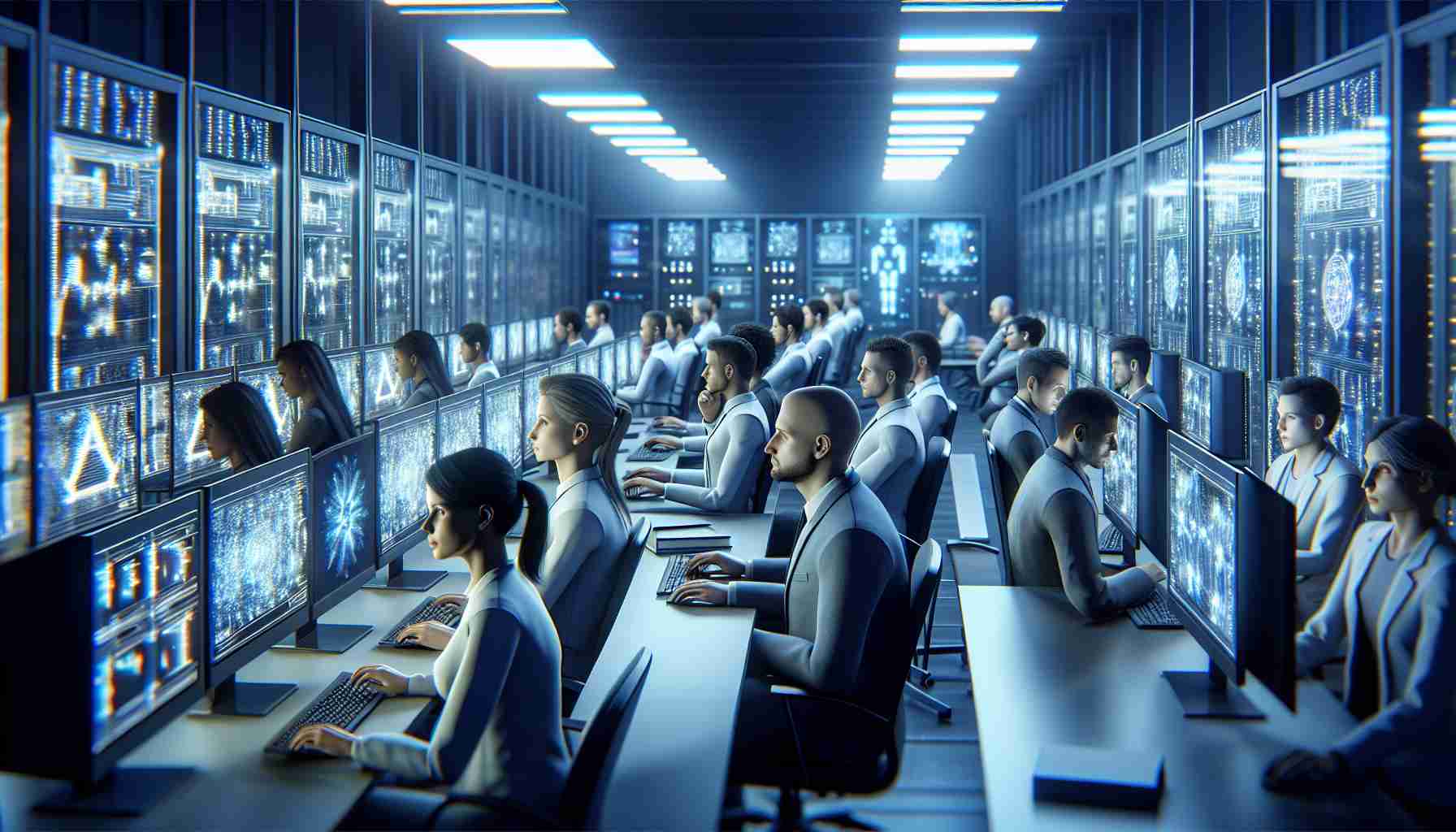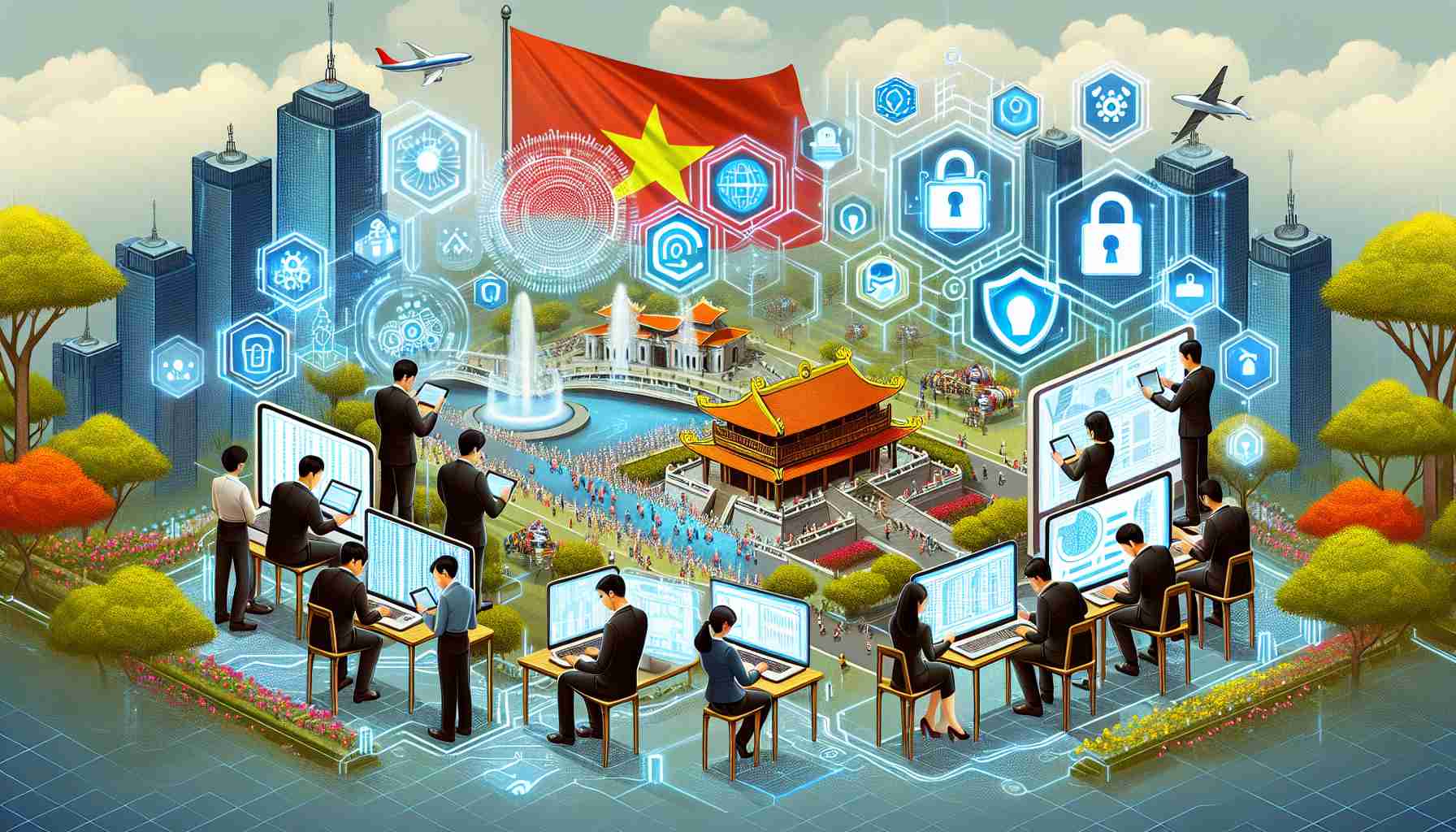Artificial Intelligence (AI) - Page 72
Artificial Intelligence (AI) refers to the simulation of human intelligence processes by computer systems. These processes include learning (the acquisition of information and rules for using it), reasoning (the ability to solve problems and make decisions), and self-correction. AI can be classified into two main types: narrow AI, which is designed for a specific task, and general AI, which has the ability to understand, learn, and apply knowledge across a wide range of tasks, similar to human intelligence. AI technologies include machine learning, natural language processing, computer vision, robotics, and more. The primary goal of AI is to create systems that can perform tasks that would typically require human intelligence, enhancing efficiency and enabling new capabilities in various fields such as healthcare, finance, transportation, and entertainment.
